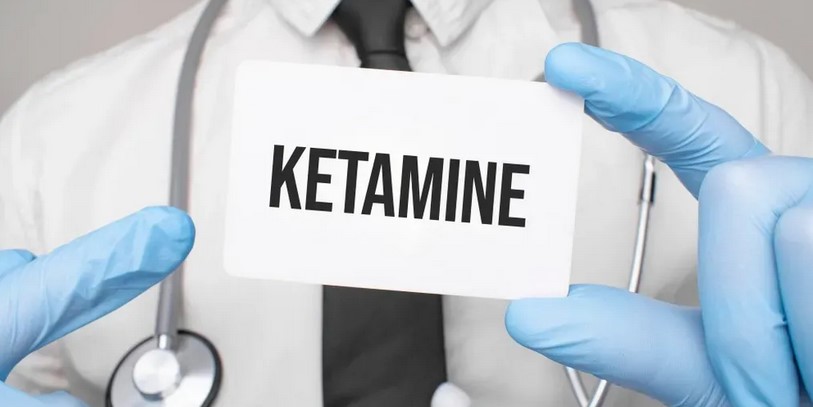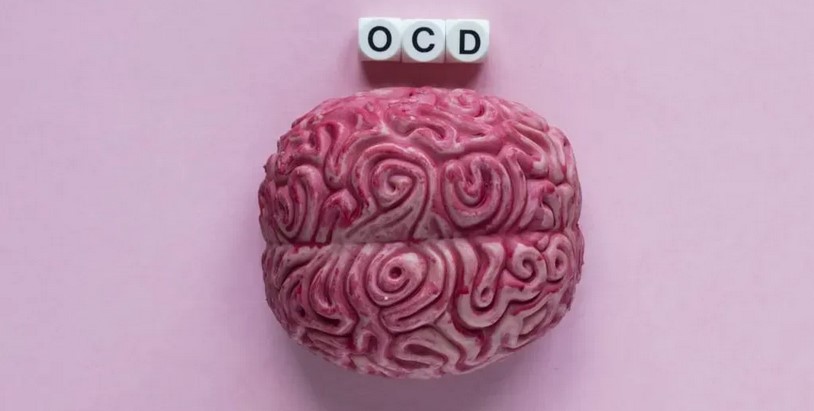Obsessive-compulsive disorder (OCD) takes a big toll on your energy and time. In severe cases, the demands of OCD interfere with your ability to function normally or fulfill your daily obligations. Here are four surprising signs of the condition.
Characterized by patterns of unusual or unwanted behaviors, fears, or thoughts, obsessive-compulsive disorder (OCD) takes a disproportionate toll on your energy and time. In severe cases, the demands of OCD interfere with your ability to function normally or fulfill your daily obligations.
Often featuring mental obsessions that manifest into physical compulsions, it’s also possible to have obsessive thoughts or compulsive behaviors on their own or unrelated to each other. OCD can also take a toll on your self-esteem and moods.
An emerging off-label treatment for OCD, low-dose ketamine infusion therapy may be the game-changing solution you need when other therapies fail to produce sufficient results. As ketamine for OCD specialists, Keta Medical Center is your go-to provider in the fight against this sometimes debilitating mental health condition.
Some symptoms of OCD are well-known, like an obsession with germs driving compulsive hand-washing, but the disorder also has some lesser-known and surprising signs. Today, we’ll look at four less common and sometimes unrecognized forms of OCD.
Somatic obsessions
Your body is a busy place, full of movements, processes, sounds, and sensations, and someone suffering from somatic obsessions carries intrusive thoughts about one or more of these normal body conditions. They’re hyper-focused on things like autonomic functions, breathing, heartbeats, and blinking, or physical sensations like being full after a meal, itchiness, or normal aches and pains.
Saying the wrong thing
This is a fear that many of us have, though it may not reach the level of an obsession. Instead of a general concern about nervously saying something awkward or poorly phrased, an OCD patient may worry about saying certain specific things hours or days before a social situation, even when there’s little likelihood or need to approach a topic. They may connect cause-and-effect relationships, thinking that saying a certain word or phrase will make something happen, usually negatively.
The need to know
It’s also common for people to encounter a gap in information that fascinates them until they encounter it or remember it. In an OCD context, that gap causes a person to stop until they have the missing information, whether it’s a fact, a piece of a song lyric, a person’s name, or perhaps a phone number or address. The need to know can bring the day to a standstill until the obsession is satisfied, no matter how frivolous or unimportant the topic.
Existential OCD
When the subject of an obsession is spiritual or philosophical, there may be no “right” answer, leading to an endless loop of thought on questions like mortal existence or the nature of reality. It’s normal to wonder about these concepts in idle moments. When these reach the point of obsession, it’s difficult to let these thoughts drop, and since there may not be a point of resolution, other aspects of life may suffer from neglect.
Breaking any OCD cycle can be difficult, and traditional treatments that mix medications and psychotherapy may not produce sufficient relief. Ketamine works on different chemical pathways than conventional antidepressants and antipsychotics, the typical starting points for prescription medications. There’s also the benefit of ketamine’s fast action. You may feel positive effects shortly after your initial treatment, compared with the days or weeks needed for other drugs.
Find out more about OCD treatment with Keta Medical Center by scheduling a consultation. Contact our nearest office by phone or online for your initial visit today.






